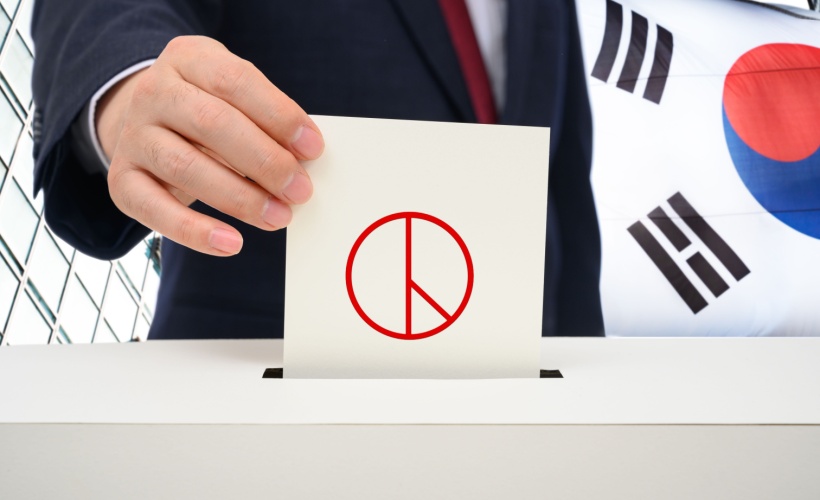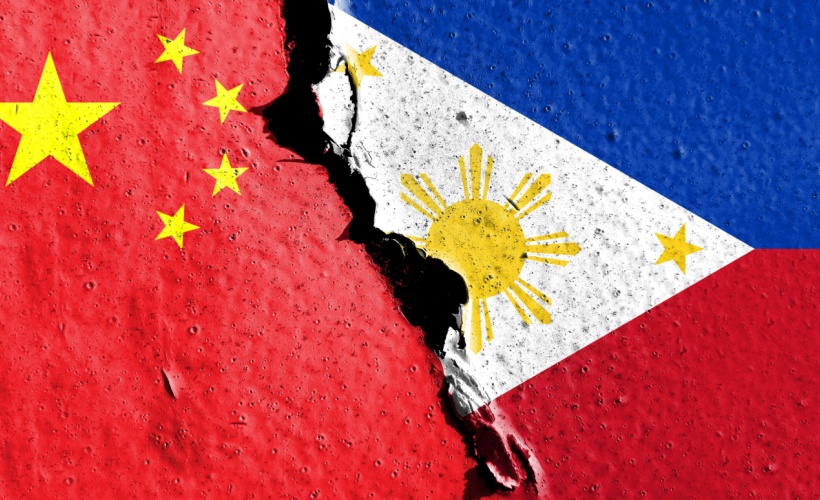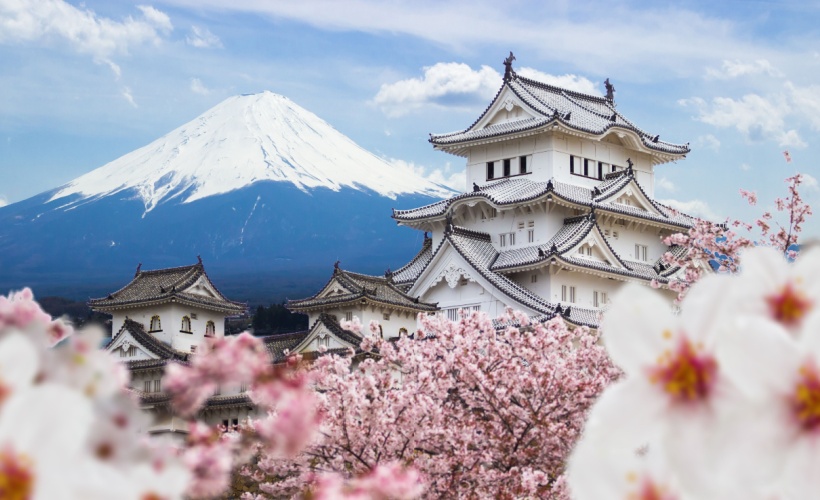By Professor Bill Hurst
When vaccines began to be widely disseminated and a path back toward relative normality started to emerge in early 2021, it also became clear that China would not follow it. Relatively slow to roll out vaccines, the PRC did manage to inoculate a very high percentage of its population on nearly the same schedule as most of Europe and in the meantime prevented mass infections through rigid enforcement of non-pharmaceutical interventions that included tight border controls and very strict quarantines. But political inducements for retaining Zero Covid were increasingly evident. For that reason, I became convinced that China would not reopen until well after most of the rest of the world, to safeguard its politics as much as its public health, and said so publicly as early as June 2021.
Essentially, lockdowns are an old and favoured tool of social and political control at critical moments for the CCP. Anyone who’s been in Beijing or other large cities during important events, anniversaries, or conferences will recall the messaging: “there’s going to be a splendid parade; everyone please stay off the streets”. Thirty years ago, I can remember many universities confining their students to campus – sometimes literally locking the gates – at such sensitive moments. Public health Covid lockdowns bear eerie similarities to those political ones. Surely, there are cross-over benefits as well as costs.
Given that logic, there are powerful incentives for China’s leaders to stick with Zero Covid, if only to have a reason to lockdown key cities (or even the whole country, if need be) and to hold events like the Winter Olympics in “closed loops”. Looking at the calendar over the coming months, the most sensitive political event in at least a decade is due to take place when the 20th CCP Party Congress convenes, likely in September. Surely, Xi Jinping will not risk a major Covid outbreak before or during the meeting that is set to ensconce him in office for at least another five years, setting aside conventions established by Deng Xiaoping after 1989. Some form of lockdown, at least for Beijing, during the Congress was almost certain to be called even if Covid had never happened. The reality of coronavirus provides a ready rationale, an additional imperative, and a social infrastructure already in place. Abandoning Zero Covid would only make things less politically secure. But the fun doesn’t stop with the Party Congress. Next March will see the “Two Meetings” (of the National People’s Congress – China’s Parliament – and the Chinese People’s Political Consultative Congress) that are set to be nearly as sensitive and consequential as they bring Xi another term of office as National Chairman. So, due to political rather than just public health concerns, China is very likely to remain closed to international travel, retain Zero Covid, and experience at a minimum sporadic lockdowns in key cities until at least late March 2023.
But there’s more. The CCP and Chinese government have created a narrative in domestic politics to justify lockdowns and extreme quarantine measures. They have consistently stressed that Covid is and remains an extremely serious disease, that the risk of death is not trivial, and that only the Party can protect the people. Calling on everyone to sacrifice for the collective health and security of the nation and its most vulnerable citizens, Xi himself has proclaimed repeatedly that, “persistence is victory”. Many cities have endured long and punishing ‘silent’ lockdowns, leading to food shortages, economic catastrophe, and countless deaths from non-Covid conditions and emergencies like fires as ambulances refused pick-ups and fire engines were stymied by roadblocks (though oddly, in such a coercive and repressive environment, no one has yet been compelled to take a Covid vaccine and many elderly remain unprotected). News reports in the past several days have detailed how many Chinese cities are building massive permanent facilities in which thousands of people can be quarantined for weeks at a time. Not even Orwell could likely imagine a regime capable of quickly or cavalierly climbing down or switching overnight to a policy of ‘living with the virus’. As newer variants prove harder to control with older measures, China’s leaders are faced with the unpalatable dilemma of either locking down ever more tightly or accepting much higher numbers of cases and deaths, even as they cling to Zero Covid as a headline strategy. Not likely on the table for quite some time, though, will be any real reopening that would threaten the Party’s credibility.
All this comes at tremendous cost, to China, and to the world. The Chinese economy’s transition away from a growth model based on export-processing manufacturing has been underway for about fifteen years but has been hastened greatly by the pandemic and ongoing lockdowns. Without a clear and viable replacement model, I am not optimistic about China’s growth prospects. Other effects of China’s de-linking from the global economy have been felt in supply chain crises and inflationary pressures from the US and Europe to Africa, Latin America, and Australia. Having painted themselves into this corner, it isn’t obvious how China’s leaders can get out in time to rescue their country’s economy or even optimally protect its security. No matter what the rest of the world does or what happens with the virus, China will almost certainly stick with Zero Covid for at least another year.







